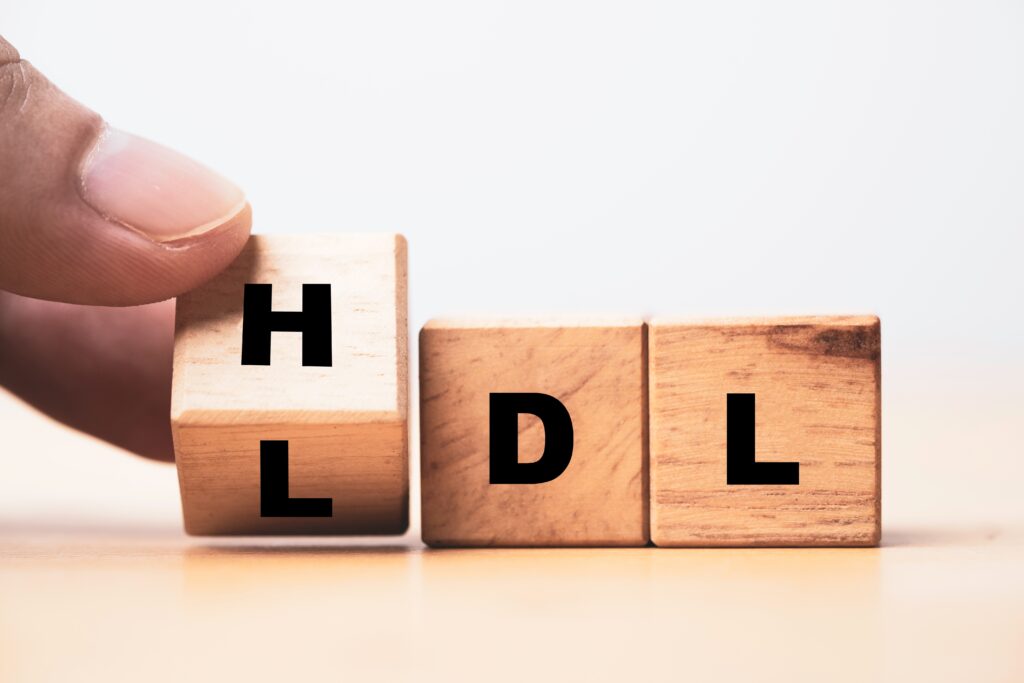For years, cholesterol has been depicted as the enemy of good health, to be avoided at all costs. But is that really the case? Recent research has been turning this narrative on its head, showing that cholesterol might be much more vital than we ever thought. By understanding the truth about cholesterol and how to harness its power, we can unlock better health and live fuller, more active lives. In this blog post, we’ll explore the historical perspective on cholesterol, debunk some common myths, and lay out some practical strategies for living a life that embraces cholesterol.
The Truth: Facts About Cholesterol
Cholesterol has been known to science for over 100 years, but it wasn’t until the 1950s that studies started to emerge linking cholesterol to heart disease. Since then, the narrative has been that cholesterol is the enemy of good health, and that we should all be aiming to keep our cholesterol levels as low as possible. But as we’ve come to understand more about the complexity of cholesterol and the body’s use of it, this simplistic view has started to unravel.
In reality, cholesterol is a vital substance that our bodies use for a variety of functions. It’s a key component of cell membranes, helping to keep them permeable and flexible. It’s also used to make hormones, including testosterone and estrogen. And our livers use cholesterol to make bile, which helps us digest fats. In short, without cholesterol, our bodies would not function properly.
Unleashing the Power of Cholesterol: It’s Not Your Enemy!
So if cholesterol is so important, why have we been told to avoid it? To some extent, this is due to a misunderstanding of how cholesterol works in the body. The fear has been that high levels of cholesterol in the blood would directly cause heart disease. But more recent studies have shown that cholesterol is just one of several factors that can contribute to heart disease, and that it’s not as simple as “high cholesterol = heart disease”.
A Better Health Indicator: The Calcium Scan
In fact, some researchers are now advocating for a better understanding of cholesterol as a health indicator. In particular, a test called the calcium scan can give us a much better sense of our risk of heart disease than the standard cholesterol tests. The calcium scan measures the amount of calcium buildup in our arteries, which is a sign that plaque is forming and raising our risk for a heart attack. By getting a sense of our calcium score, we can take action to reduce our risk of heart disease (more on that below).
The Great Green Myth!
Another common myth about cholesterol is that a plant-based diet is the answer to healthy cholesterol levels. While a diet high in fruits and vegetables can certainly be beneficial, it’s not a one-size-fits-all solution. In particular, some plant-based foods can actually be harmful to our health.
Lectins and Oxalates: The Hidden Culprits
Two substances to be aware of are lectins and oxalates. Lectins are proteins found in many foods, and they can cause inflammation and damage to the gut lining. Oxalates are another substance found in plants, and they can contribute to kidney stones and other health issues. By making smart choices about which plants we consume, proper preparation and eating in moderation, some people can enjoy them without as many of the potential downsides.
Red Meat and Animal Fats: A Necessary Part of Our Diet.
Finally, another myth we need to debunk is that red meat and animal fats are bad for our health. In fact, many people who follow a low-fat diet end up experiencing deficiencies in essential nutrients that are only found in animal-based foods, such as vitamin B12 and heme iron. The key is to make sure that we’re eating high-quality animal products that are raised in a sustainable, humane way.
Bioavailability is Key!
One important factor to consider is bioavailability – in other words, how readily our bodies can absorb and utilize the nutrients in our food. For example, while plants may contain iron, it’s in a form that our bodies have trouble absorbing. By consuming animal-based foods that contain heme iron, we can ensure that we’re getting the nutrients we need to stay healthy and active.
The Take Away
By understanding the truth about cholesterol and how to leverage its power, we can unlock better health and live fuller, more active lives. Whether we’re trying to reduce our risk of heart disease or simply feel more energized and vital, there are many steps we can take to embrace cholesterol. By eating a balanced diet that includes both animal and whole foods, focusing on bioavailability, and avoiding harmful substances like lectins and oxalates, we can take control of our health and unlock the true potential of this vital substance.





